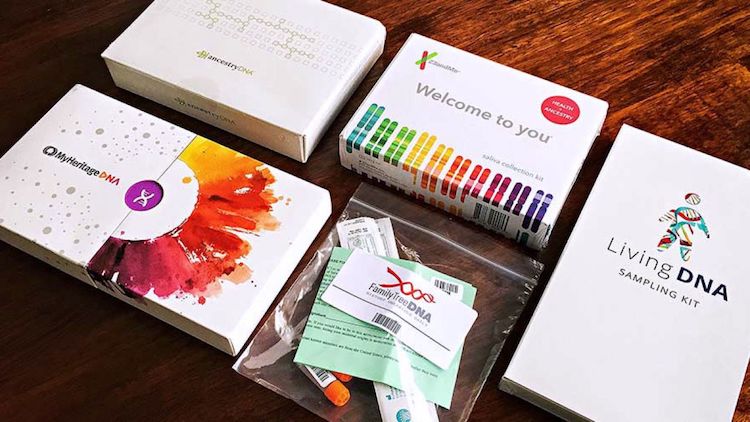- Home
- The Feature
- DOJ Releases Rules Limiting Law Enforcement Use Of Genealogy Websites

DOJ Releases Rules Limiting Law Enforcement Use Of Genealogy Websites
The Department of Justice has released its first set of rules limiting how law enforcement can use popular genealogy websites to help solve cold cases.
The policy was announced on Tuesday with the intention to balance the department’s commitment to solving violent crimes and yet protecting the privacy and civil liberties of all US citizens.
Forensic Genetic Genealogy (FGG) is a method used by law enforcement to identify suspects as well as homicide victims when DNA taken from crime scenes don’t match samples in the FBI’s database and all other investigative techniques have been exhausted.
Using information from genealogy websites, the computer’s algorithm can evaluate potential familial relationships between sample donors and the website’s users. If an association is detected, it generates a lead for law enforcement. This is how the infamous ‘Golden State Killer’ was captured and arrested back in April of 2018. This method is currently being used as a tool to solve a plethora of cold cases.
The DOJ’s new policy contains nine sections that contain critical requirements for the use of FGG by law enforcement.
“Prosecuting violent crimes is a Department priority for many reasons, including to ensure public safety and to bring justice and closure to victims and victims’ families,” said Deputy Attorney General Jeffrey A. Rosen. “We cannot fulfill our mission if we cannot identify the perpetrators. Forensic genetic genealogy gets us that much closer to being able to solve the formerly unsolvable. But we must not prioritize this investigative advancement above our commitments to privacy and civil liberties; and that is why we have released our Interim Policy – to provide guidance on maintaining that crucial balance.”
The DOJ’s policy will go into effect on Nov. 1, 2019 and a final policy on FGG will be issued in 2020.
Click here to read the press release on the new DOJ policy.
